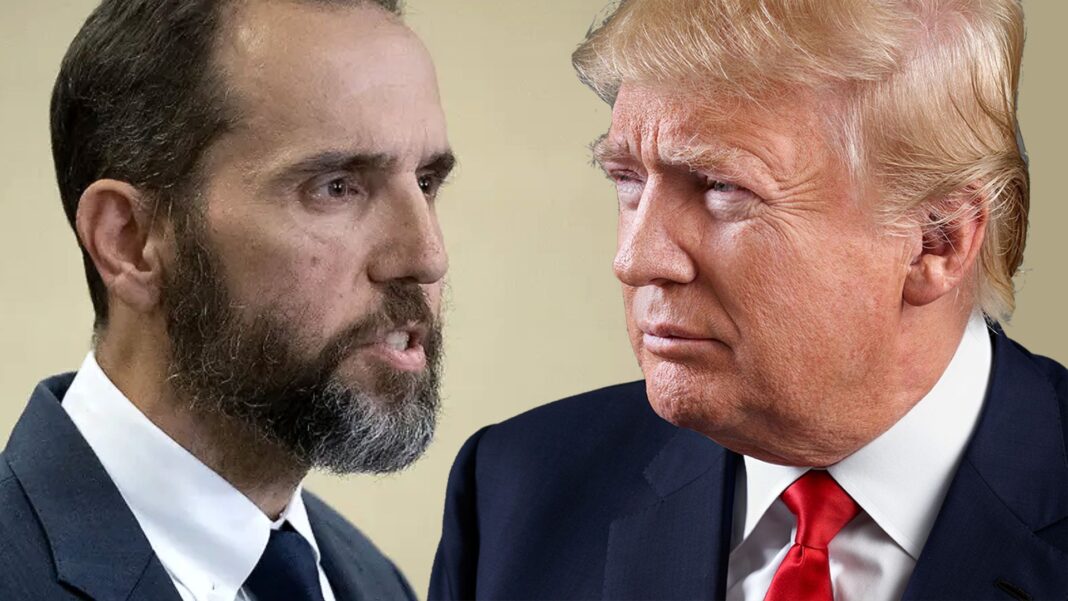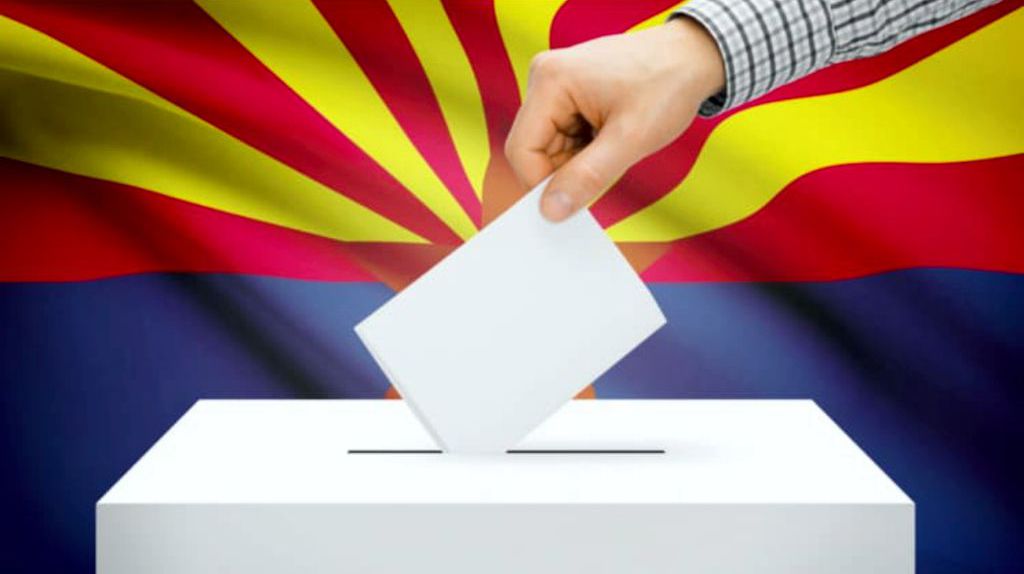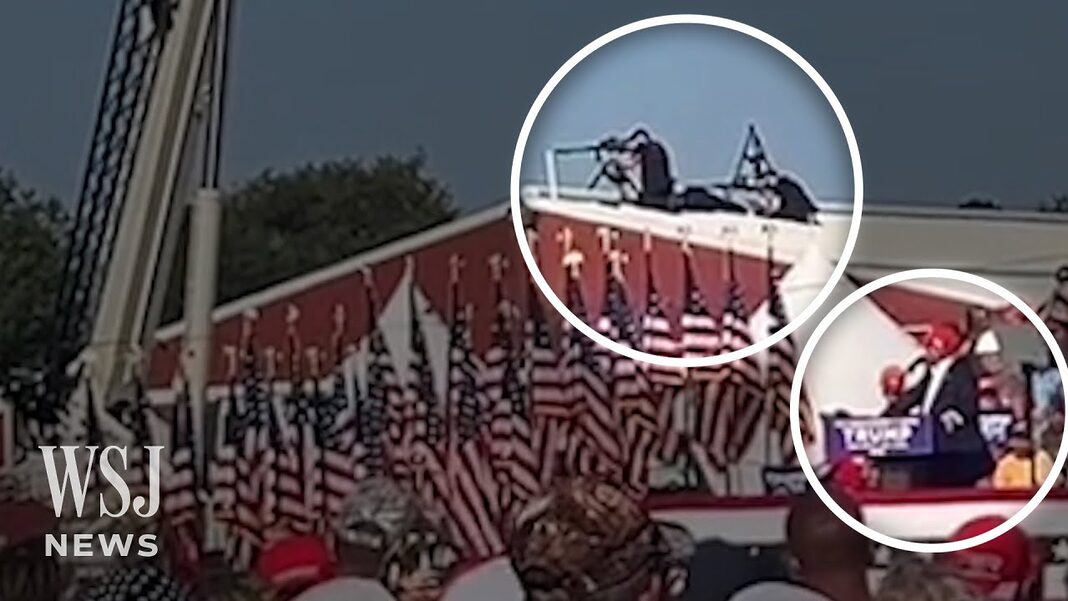Smith’s office asked for the extension citing a need for more time to assess the U.S. Supreme Court’s July 1 decision on immunity.
Special counsel Jack Smith’s office asked the federal judge presiding over former President Donald Trump’s Jan. 6 case for additional time to settle how to proceed after the Supreme Court decision regarding presidential immunity.
In a joint status report submitted to the U.S. District Court for the District of Columbia, Smith’s office asked the court to extend the deadline for submitting the next joint status report to Aug. 30, and to continue the status conference, originally scheduled for Aug. 16, to a date after the new deadline.
“The Government continues to assess the new precedent set forth last month in the Supreme Court’s decision in Trump v. United States … including through consultation with other Department of Justice components,” prosecutors wrote.
“Although those consultations are well underway, the Government has not finalized its position on the most appropriate schedule for the parties to brief issues related to the decision.”
The defense didn’t object to the request, the prosecution said in a court filing.
On July 1, the Supreme Court ruled 6–3 that presidents have immunity from criminal prosecution for official acts. The decision was expected to delay Trump’s trial in the federal election case in Washington.
D.C. District Judge Tanya Chutkan had rejected the idea that presidents are immune from criminal prosecution. The case was on hold for around seven months while Trump pursued the appeal.
After the Supreme Court formally sent the case back to Chutkan last month, she instructed both government and defense attorneys to collaborate on a proposal for the next steps in the case.
Chutkan rejected the defense’s request to dismiss the case on the grounds that the former president was being selectively prosecuted by Smith. At the same time, she summoned both parties to a court hearing in Washington on Aug. 16.
The district court is now left to determine which of Trump’s actions following the 2020 election aren’t immune from prosecution and which are.









